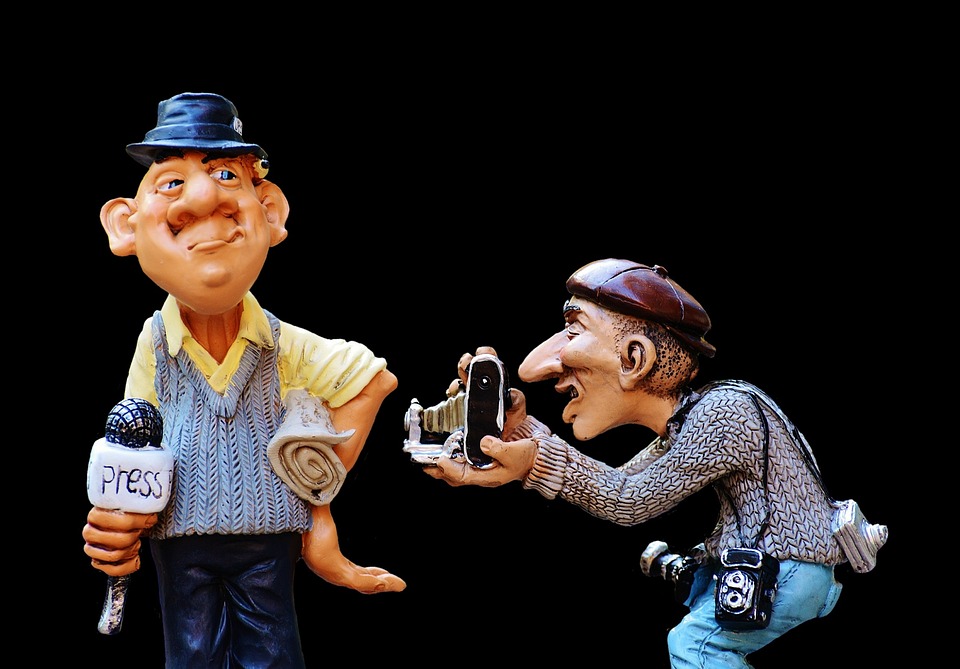[ad_1]
Benzodiazepine Withdrawal and EFT- the Ideal Self-Management Tool
I’m an advanced Emotional Freedom Techniques (EFT) Practitioner as well as being a recovered involuntary benzodiazepine (benzo) addict. I came off benzos in 1988 and qualified in EFT in 2006. That’s quite an unusual combination. I wish EFT had been around when I was coming off. But now I’m qualified, it puts me in the unique position of being able to offer EFT tapping routines to people who are withdrawing from a place of personal experience. And that’s really good news because if there’s one thing you need when coming off benzos – it’s the advice and support of others who’ve been through it – ‘survivors’.
My own withdrawal in 1988
There wasn’t much information available when I came off, certainly nothing like there is now – internet sites, books and organisations. Professor Heather Ashton, world authority on benzo addiction and withdrawal, hadn’t set up her withdrawal clinic in Newcastle or written her manual (see below). I devised my own withdrawal programme, putting together a variety of complementary therapies and emotional /psychological support techniques. The result is ‘Safe Benzo Withdrawal’, my double CD set (see below) which contains advice and information based on my own experience. There is also a guided relaxation which I wrote specifically for benzo withdrawal. The data CD contains equivalence tables for switching to Diazepam (valium), a slower acting benzo.
Withdrawal Symptoms vary
Not everyone has a tough time coming off. We’re all different and there are many factors affecting the type of withdrawal i.e. dosage, type of medication, time you’ve been taking it etc. Rest assured. Many thousands of have now successfully come off and are living proof that it can be done. And now there’s a whole variety of withdrawal support resources available. (see below)
What is EFT?
EFT is a healing tool developed by an American, Gary Craig. It’s a kind of emotional acupuncture based on ancient Chinese healing. About five thousand years ago the Chinese discovered the human body had energy channels, called meridians, through which the body’s essential energy or chi flows. Managing the flow of chi forms the basis of the Eastern healing practices, such as acupressure and acupuncture, which are now widely used in the West.
How does it work?
When we experience anything which distresses us, be it physical pain, emotional distress, anxiety, anger, fear etc, there is a disruption in the body’s energy field and the EFT tapping is designed to remove this disruption and restore a sense of calmness and equilibrium. These energy disruptions can be held unresolved in the body, for many years, and often tapping is addressing an event from childhood that continues to affect one’s present life.
How do you do it?
You tap with your fingertips on various points on the energy meridians around the face and body whilst focusing your thoughts on a distressing symptom or feeling you’re having and repeating an affirmation or positive self-healing phrase. (full instructions, see link below)
Why is EFT perfect for benzo withdrawal?
- It’s easy to learn and very simple to use. Concentration span can be very limited when you’re withdrawing, so a technique that’s quick and easy is important
- Use it anywhere, anytime. Benzo withdrawal symptoms, especially panic attacks, can be unpredictable. They might wake you at night, or come when you’re out somewhere. With EFT you don’t need another person, or any equipment – just your own fingertips and a minute or two of your own time.
- It’s a tailor made self-healing tool. You can design your own tapping routines to address whatever symptoms you’re experiencing.
- EFT is a self-management tool. This is about taking back power and responsibility for your own healing. Addiction, whether voluntary or involuntary (iatrogenic*), drains your self-empowerment. Using EFT can restore a sense of control over your life.
- It’s free. Just download the manual (see below). There’s no financial outlay. Of course, you have the choice of consulting a qualified EFT practitioner from time to time, to keep you on track and to gain some objectivity, and maybe learn some more advanced techniques – see my contact details below. But the basic routine taught in the manual consistently produces good results.
So there’s five excellent reasons to use EFT in your withdrawal and help you on your journey to recovery. Top three withdrawal tips are; Be safe – talk your GP. Be sensible – taper off very gradually at your own pace. Be supported – find or start a support group, either face to face or on the internet. I wish you all strength on your journey to recovery.
*iatrogenic = caused by the medical profession
Remember: never stop taking your medication suddenly. This can be dangerous. Consult your GP. The information in this article is not intended as a substitute for medical counselling.
[ad_2]
Source by Paula Kovacs


